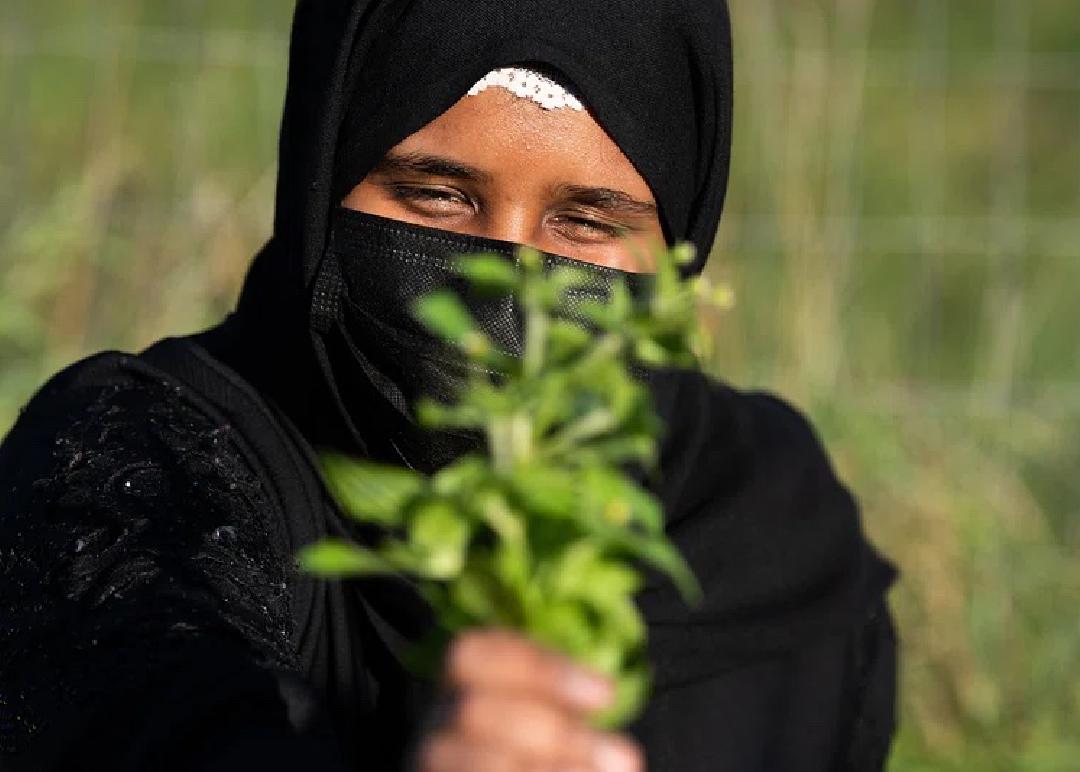The Power of Parametric Insurance in Takaful: A Case Study In Pakistan
As the world becomes more connected and data-driven, the insurance industry is evolving to keep up with the times. One of the most promising developments in recent years has been the rise of parametric insurance, which uses real-time data to trigger payouts automatically when certain conditions are met. This approach has the potential to revolutionize the way we think about risk management, particularly in the context of takaful.
Takaful insurance is a type of Islamic insurance that operates on the principles of mutual cooperation, shared responsibility, and ethical conduct. Unlike conventional insurance, which is based on the concept of risk transfer, Takaful emphasizes the concept of mutual assistance and solidarity among its participants. It promotes the idea of a community pooling their resources to protect and support one another in times of need.
Parametric insurance can be a suitable solution for Takaful insurance due to its alignment with the principles of transparency, fairness, and efficiency. In parametric insurance, payouts are triggered based on predefined, objective parameters, such as the occurrence of a specific event or the magnitude of a loss. This aligns well with the Shariah principles of Takaful, as it avoids uncertainty and ambiguity, which are prohibited in Islamic finance.
By incorporating parametric insurance within Takaful frameworks, participants can benefit from swift and transparent compensation when predefined triggers are met. For example, in agricultural Takaful, a parametric insurance policy could be designed to provide compensation to farmers if a specific weather event, such as drought or excessive rainfall, occurs, leading to crop losses. The payout would be automatically triggered once the predetermined weather parameters are met, ensuring prompt assistance to the affected farmers.
A recent article in Middle East Insurance Review highlighted the work of Salaam Takaful, an Islamic InsurTech based in Pakistan that has developed a parametric-based crop takaful solution. According to Umair Ismail, head of specialty and transformation at Salaam Takaful, the company chose to use a parametric model for its crop insurance product because it is easier for people to understand than an indemnity-based model. By using a weather-based index to track parameters such as rainfall, temperatures, wind, and humidity, Salaam Takaful is able to provide real-time coverage to farmers without the need for claims documentation.
The potential applications of parametric insurance in Takaful are vast, and Mr. Umair believes that it can be applied to a variety of segments given that it is powered by data and information, which are abundantly available in today’s world. By leveraging the power of data and technology, Takaful providers can increase accuracy, eliminate human error, and improve the penetration of Takaful products among customers.
Further examples on Takaful insurance covers could target foreign workers in UK or Germany who want to insure their relatives against natural catastrophes such as the recent earthquakes in Turkey.
The growth of Takaful has been underwhelming in recent years, and Takaful penetration around the world remains noticeably lower than that of conventional insurance. However, by embracing new technologies such as parametric insurance, Takaful providers can unlock their full potential and help close the protection gap that exists in many Muslim-majority countries. With Riskwolf, Takaful providers or mutuals can turn real-time data into insurance and build and operate parametric insurance at scale. Simple. Reliable. Fast.
Read the full article on the potential of parametrics in takaful at Middle East Insurance Review.
